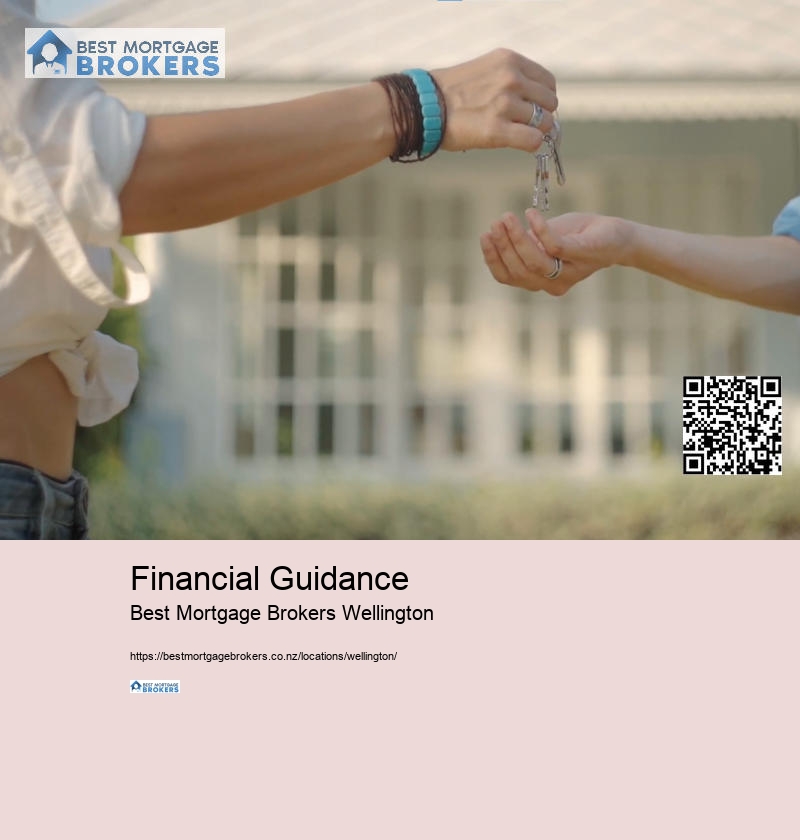Financial Guidance
mortgage advice
Mortgage insurance is an extra cost that you will have to pay each month, but it could help you get financing for your dream house. In the unfortunate event that you are unable to make your mortgage payments, mortgage insurance can help cover the lender's losses. This protects you from losing your home through foreclosure and maintains the stability of housing markets.
It is important to work with a mortgage advisor that has experience in mortgage insurance. This will help you understand the complexities and make sure you are covered for your particular needs. first home buyer
If you have credit problems, it is important to act proactively in order to increase your odds of getting approved for a mortgage. Begin by getting a free copy of your report to learn what affects your credit score.
These issues can be rectified by disputing errors with the credit bureau. You can improve your score if there are missed payments, or a high credit utilization.




